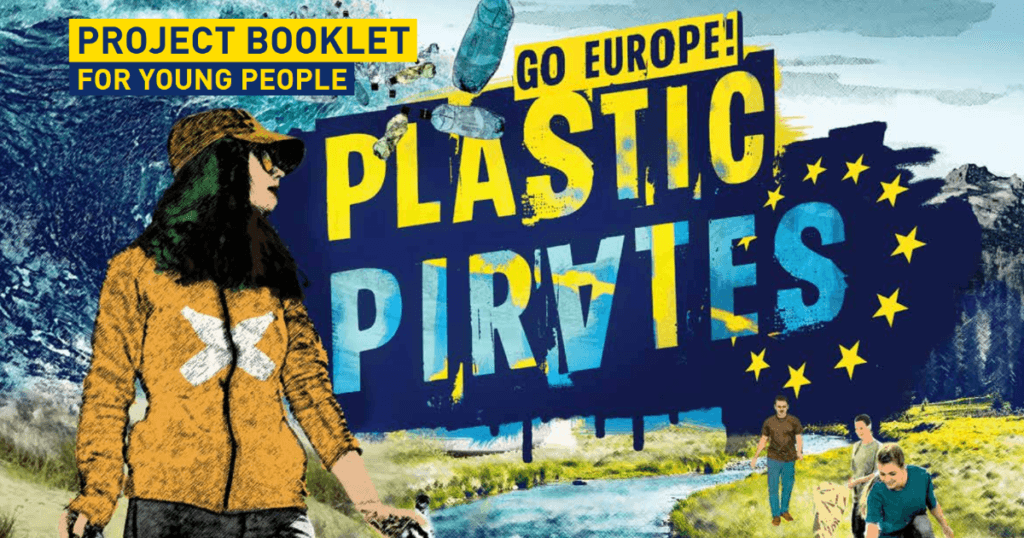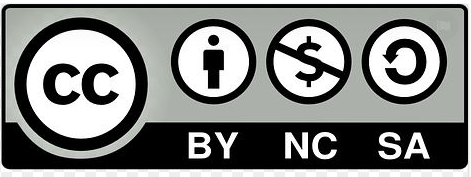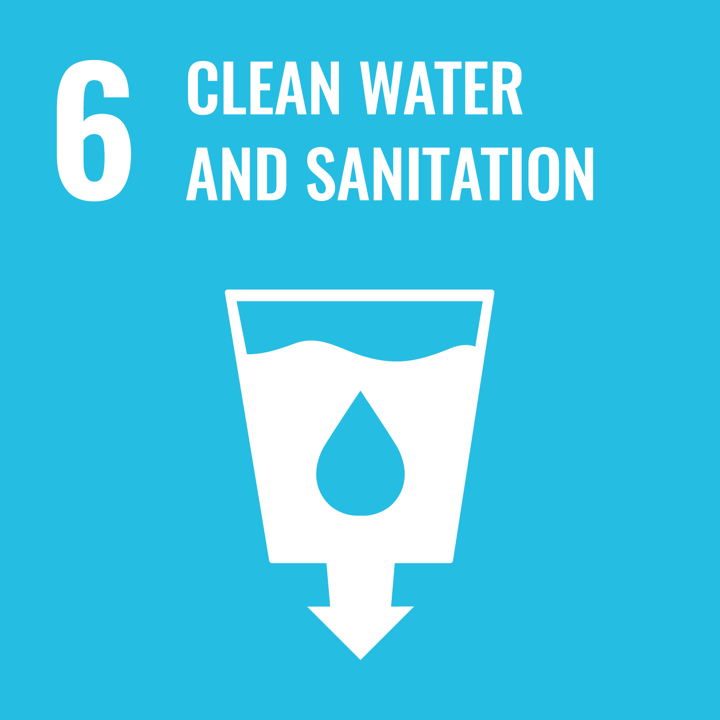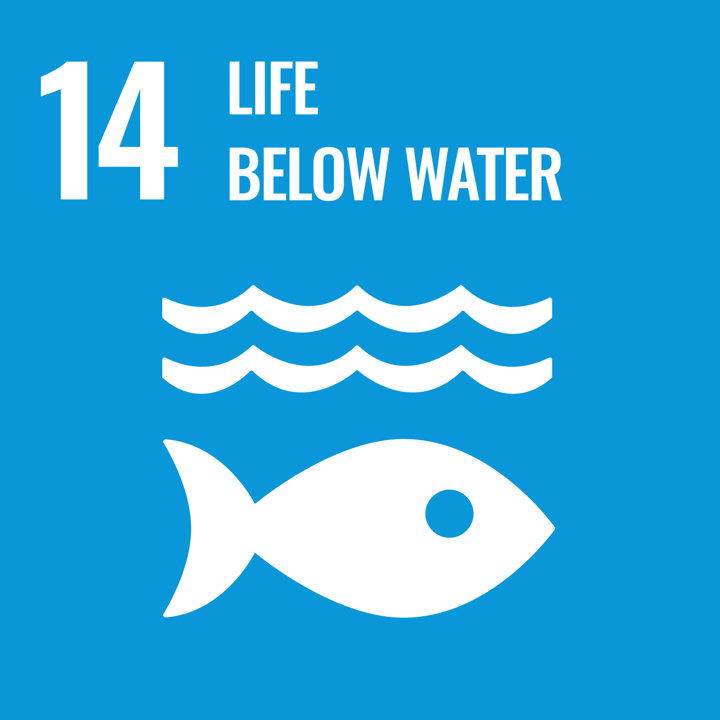
Intended End User: Teacher
Age Group: Upper Primary; Lower Secondary; Upper Secondary
School Curriculum: Science; Social, Social & Environment Science
Themes and Topics: Behaviour & Lifestyle; Environmental Change; Food and Agriculture
Duration: 24 x Exercises between 10 – 90 minutes (Overview see p. 68 of the teacher’s manual)
Type of Resource: Project
Keywords: Scientific Literacy, Effective Learning Environments, Sharing and dissemination of learning, Expert and peer-supported, Incorporates reflection
Languages: English, German, Dutch, Portuguese, Greek
Description
Plastic Pirates – Go Europe! is a European citizen science action in which school classes and youth groups collect plastic samples at streams and rivers and document their results. The collected data is then analysed by scientists. In this way, young European citizens make an important contribution to research on the state of European rivers and the degree and possible origins of plastic waste pollution. The action aims to strengthen scientific cooperation in Europe, to promote citizen science engagement and society’s participation in the European Research Area, and to raise awareness for a conscious and considerate approach to the environment. The campaign was first developed as Plastic Pirates in Germany in 2016 by the Kiel Science Factory and partners with funding from the German Federal Ministry of Education and Research (BMBF) for the Science Year 2016*17 – Seas and Oceans and has been continued since 2018 as part of the research focus “Plastics in the Environment”. During the German EU Presidency in 2020, the campaign was extended to the countries of the Trio Presidency and implemented as a joint action of the Ministries of Education, Science and Research of Germany, Portugal and Slovenia in the period from 2020 to 2021. Since January 2022, the action has been extended to other EU Member States with the support of the EU Commission.
How to use this resource
The exercises found in the teaching materials and work- sheets are versatile and suitable for the classroom. As each chapter functions on a stand-alone basis, the chapters can be used individually or in a modified order. Depending on your thematic focus, the requirements of your pupils and the time available, you can also select individual exercises from the materials. The exercises come in various difficulty levels and therefore may have to be adapted to the levels of the pupils. On page 68, you will find an overview of all exercises along with an estimate of the time needed and complexity of the exer- cise. The teaching materials and worksheets have been designed for use in both standard lessons and project work. The areas of focus of the individual modules are particularly suitable for multidisciplinary learning, with the involvement of other subjects both intended and desirable.
The resources
Teaching Materials and Worksheets for Teachers:
Project Booklet for Young People:
Learning Outcomes
- Elicit prior knowledge and further develop knowledge and comprehension of key Sustainability Citizenship key concepts, challenging established worldviews and values.
- Apply a range of suitable tools and frameworks to promote student Sustainability Citizenship
- Reflect on practice and examine national curricula to identify opportunities to promote Sustainability Citizenship in interdisciplinary ways and engage with external stakeholders.
- Collaboratively synthesise the knowledge, tools and frameworks to create educational materials and lessons plans adapted to their own local context
Green Competencies
- Embodying Sustainable Values: Valuing Sustainability; Promoting Nature
- Embracing Complexity in Sustainability: Systems Thinking; Critical Thinking; Problem Framing
- Envisioning Sustainable Futures: Exploratory Thinking
- Acting for Sustainability: Collective Action; Individual Initiative
Creative Commons

All content of the teaching and classroom materials pertaining to the Plastic Pirates – Go Europe! project is protected by copyright. This applies both to the printed versions of the teaching materials and worksheets and the data made available for download at plastic-pirates.eu/en/material/download. The teaching materials and worksheets are provided free of charge and may only be used in non-commercial contexts, including the reproduction, saving, printing and editing of the teaching materials and worksheets. Changes may only be made insofar as they are unavoidable in terms of achieving the purpose of use, such as the abridging of text passages. The meaning must be retained in its original form. Changes to the meaning are only permissible when it can be established that the original statement has neither been changed nor distorted, nor altered, nor obfuscated. This also applies in respect of indirect impairment of the content by using it in a context other than the context originally intended. Whether wholly or in part or in any other form, elements may only be reproduced – whether electronically or in writing – for purposes other than those stated above with the prior express written permission of the DLR Project Management Agency.
SDGs




